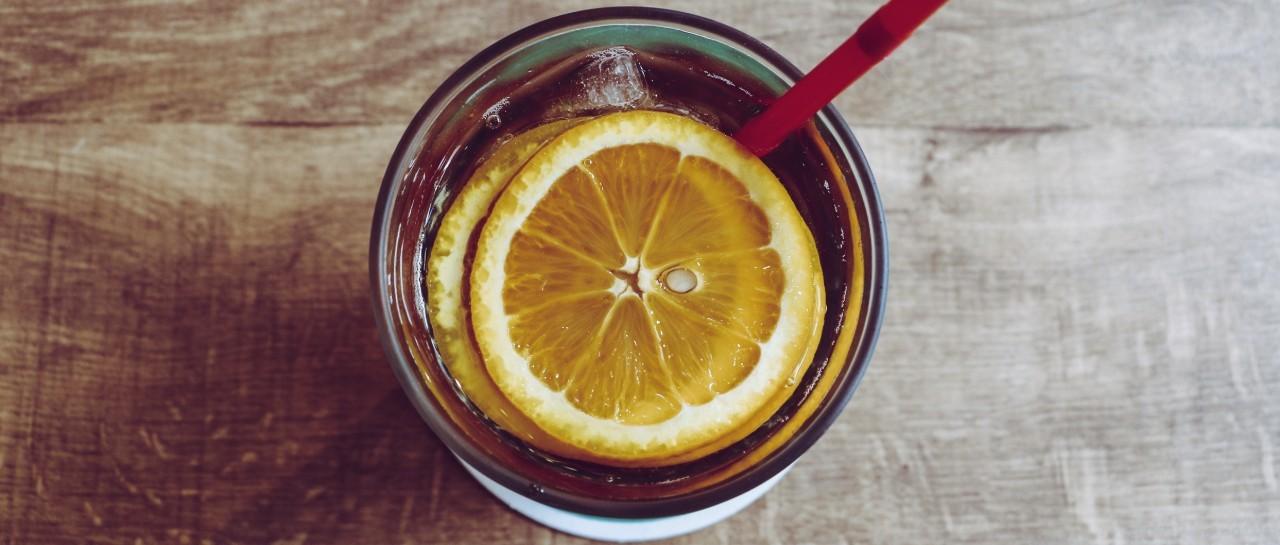
Two soft drinks a day may increase risk of early death
Peer reviewed by Natalie HealeyLast updated by Milly EvansLast updated 4 Sept 2019
- HerunterladenHerunterladen
- Teilen Sie
Teilen Sie
A study has suggested that drinking soft drinks, including sugar-free, increases the risk of death.
The findings, published in the journal Jama Internal Medicine, found that drinking both sugary and artificially sweetened ('diet') soft drinks was associated with a higher risk of death.
The study looked at around 452,000 people from 10 European countries including Denmark, France, Greece, Germany, Italy, the Netherlands, Norway, Spain, Sweden and the UK.
The researchers looked at data from food questionnaires or interviews from 1992 to 2000. Participants were followed up an average of sixteen years later. In this time, 41,693 deaths were recorded.
The researchers found that when drinking two or more glasses of soft drinks a day, compared to drinking less than one a month, all types of soft drinks were associated with an increased risk of death from all causes. Those consuming two or more glasses were found to have an increased risk of circulatory diseases and those consuming just one glass a day had a higher risk of dying from digestive diseases.
Drinking soft drinks was not found to increase the risk of dying from cancer.
The study is the largest of its kind. The researchers say that their findings support ongoing public health initiatives to encourage healthy eating and reduce soft drink consumption. But this research only shows a correlation between soft drinks and early death. It does not prove fizzy beverages cause early death. Additionally, the findings relied on participants reporting their soft drink intake, which may not be reliable.
"Our results for sugar-sweetened soft drinks provide further support to limit consumption and to replace them with other healthier beverages, preferably water," study coauthor Neil Murphy, a scientist at the International Agency for Research on Cancer, told Reuters. "For artificially sweetened soft drinks, we now need a better understanding of the mechanisms that may underlie this association and research such as ours will hopefully stimulate these efforts."
This study was published in Jama Internal Medicine.
Artikel Geschichte
Die Informationen auf dieser Seite wurden von qualifizierten Klinikern geprüft.
4 Sept 2019 | Latest version

Fragen, teilen, verbinden.
Stöbern Sie in Diskussionen, stellen Sie Fragen, und tauschen Sie Erfahrungen zu Hunderten von Gesundheitsthemen aus.

Fühlen Sie sich unwohl?
Beurteilen Sie Ihre Symptome online und kostenlos